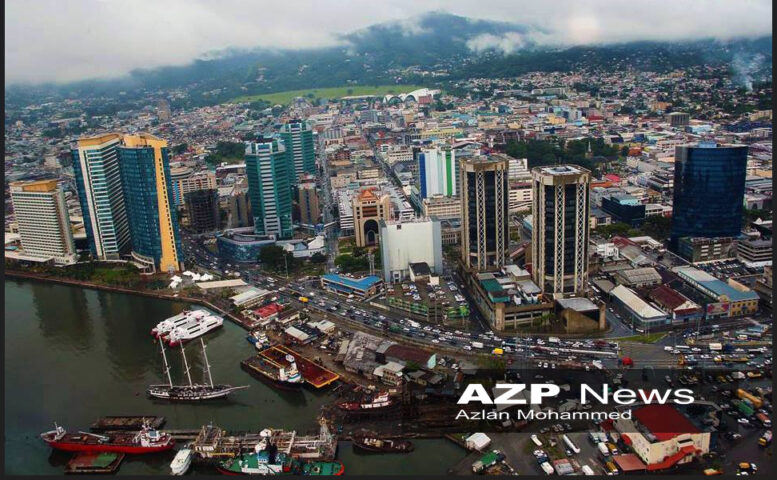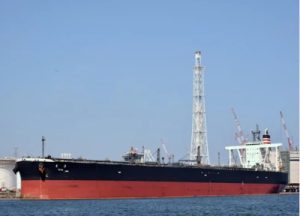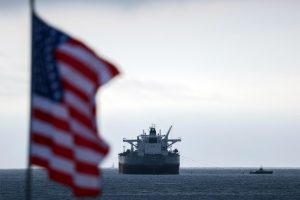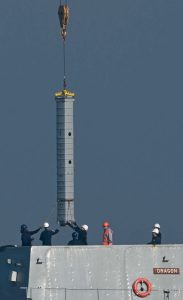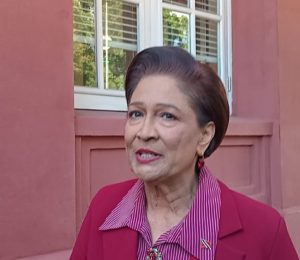
The central thesis of the PNM over the course of the 2025 campaign was that they alone were ordained to manage the economic affairs of Trinidad and Tobago.
The corollary of that supposition was that they were seized and possessed of some intellectual superiority that others did not have, and that the Opposition could not be trusted with the economic affairs of the country. In furtherance of their arguments, entered certain public commentaries on social media. Included in these commentaries were a lot of banter on social media about the HSF, debt management, and fiscal responsibility under the UNC (2010 to 2015).
𝐓𝐡𝐞 𝐇𝐒𝐅
As it relates to HSF deposits, debt management, and other issues. In the public interest, it is important to respond to inaccuracies in these arguments, lest the public be misled. The HSF is governed by an Act of Parliament, which contains the rules for triggering deposits and the rules for drawdown. Regarding the HSF, a statement was made on social media (20th April 2024) that the UNC made zero deposits in the HSF. The statement was proven totally false, and it was edited by its authors.
The facts are that the UNC deposited approximately $US 1.2 billion during its tenure in office, and overall, the HSF valuation moved from $US 3.0 billion to $US 5.7 billion (90% increase). Under the PNM, the HSF has moved from $US 5.7 billion to $US 6.1 billion (7% increase). This is as at September 30 2024.
This would have been bigger but for withdrawals which totalled approximately US$2.8 billion and which included a withdrawal in 2024 when oil prices averaged US$80.5 per barrel. The increase in the value of the HSF since 2015 is mainly attributable to income earned on account of monies deposited before 2015.
The fact that there were no deposits in 2014 and 2015 should be understood against the backdrop of falling oil prices in the period. Oil prices declined significantly from around mid-2014 to the end of 2015 which impaired energy revenue.
𝐆𝐨𝐯𝐞𝐫𝐧𝐦𝐞𝐧𝐭 𝐃𝐞𝐛𝐭
In another commentary, which purported to deal with the last 15 years but ended up focusing on 2010 to 2015, it was alleged that under the UNC public debt “ballooned” from $70 billion to $109 billion. These numbers reflect “Gross Public Debt”. Gross public debt includes debt arising from open market operations. Open market operations are the main mechanism used by the Central Bank (CBTT) to manage liquidity and thereby manage inflation. Net public debt refers to debt incurred related to the operations of Government (example a loan to finance infrastructure projects).
When we analyse the net public debt from 2010 to 2015 (annual basis), it went from $47 billion to $76.7 billion. It should be remembered that the UNC in May 2010 met the ongoing Clico bailout and, like the PNM Government that preceded it, continued to provide financial support for Clico. The UNC Government put significant monies into Clico (2010 to 2015), including monies to support the Executive Flexible Premium Annuity. The Persad-Bissessar administration was very much part of the stabilisation of Clico.
In 2021 the terms “Gross Public Debt” and “Net Public Debt” were replaced with “Total General Government Debt” and “Adjusted General Government Debt” respectively. When we examine “Adjusted General Government Debt” under the watch of the Rowley administration, the CBTT data show that it went from $76.6 billion in 2015 to $137.9 billion in 2023 (an 80% increase). Moreover, under the Rowley administration foreign debt ballooned from $US 2.2 billion in 2015 to $US 5.6 billion in 2024.
𝐄𝐦𝐩𝐭𝐲 𝐓𝐫𝐞𝐚𝐬𝐮𝐫y?
Another piece of misinformation repeated by the PNM for 10 years and rehashed by one commentator was that the PNM inherited a nearly depleted Treasury. The claim is an exaggeration. In September 2015, the PNM took office almost at the end of a quarterly period. Monies usually come in towards the end of a quarter. Moreover, there was an expected flow of cash programmed to the end of 2015 that included monies from TGU, the TTNGL IPO, and regular taxes from companies including energy companies. If they inherited an empty treasury withmoney to run the country for three days, how did they run the country for the remainder of 2015?
𝐅𝐢𝐬𝐜𝐚𝐥 𝐌𝐚𝐧𝐚𝐠𝐞𝐦𝐞𝐧𝐭
Apart from fiscal year 2021/2022, the country has had a fiscal deficit for every year since fiscal year 2009/2010. The year 2021/2022 was anomalous because of the war in Ukraine which precipitated extraordinarily high prices for oil, natural gas and petrochemicals. The IMF prescribes that “fiscal deficits” be kept under 5% of nominal GDP. For each of the years the UNC was in office from 2010 to 2015, this was achieved. The same cannot be said for fiscal years 2016, 2019 and 2020. The last two are understandable because of the pandemic.
𝐑𝐞𝐬𝐩𝐨𝐧𝐬𝐢𝐛𝐥𝐞 𝐋𝐞𝐚𝐝𝐞𝐫𝐬𝐡𝐢𝐩
In mid-to-late 2014 in the wake of the oil price collapse, the then Prime Minister Kamla Persad-Bissessar did the responsible thing and instructed Ministries to review expenditure and make necessary recommendations and adjustments. This culminated in a national address on 8th January 2015 where she spoke of adjustments in priorities and the need to maintain confidence. At all times, during the period 2010 to 2015 the leadership of the then Government fulfilled its duty of care to the citizens as it relates to economic management. In 2010 to 2015, despite challenges, the economy was stable, real GDP was its highest ever (2014), inflation was low, the industrial base was kept intact, investor confidence was high, and the Government met all its obligations.
Kevin Ramnarine is a former minister of energy
![]()


